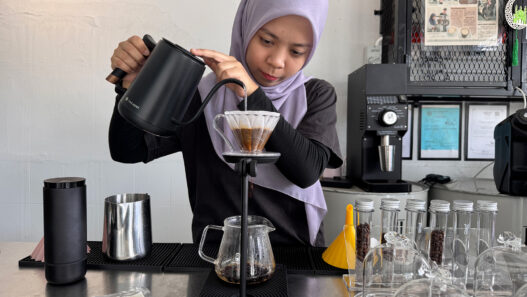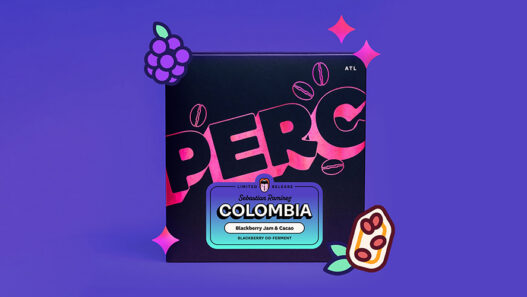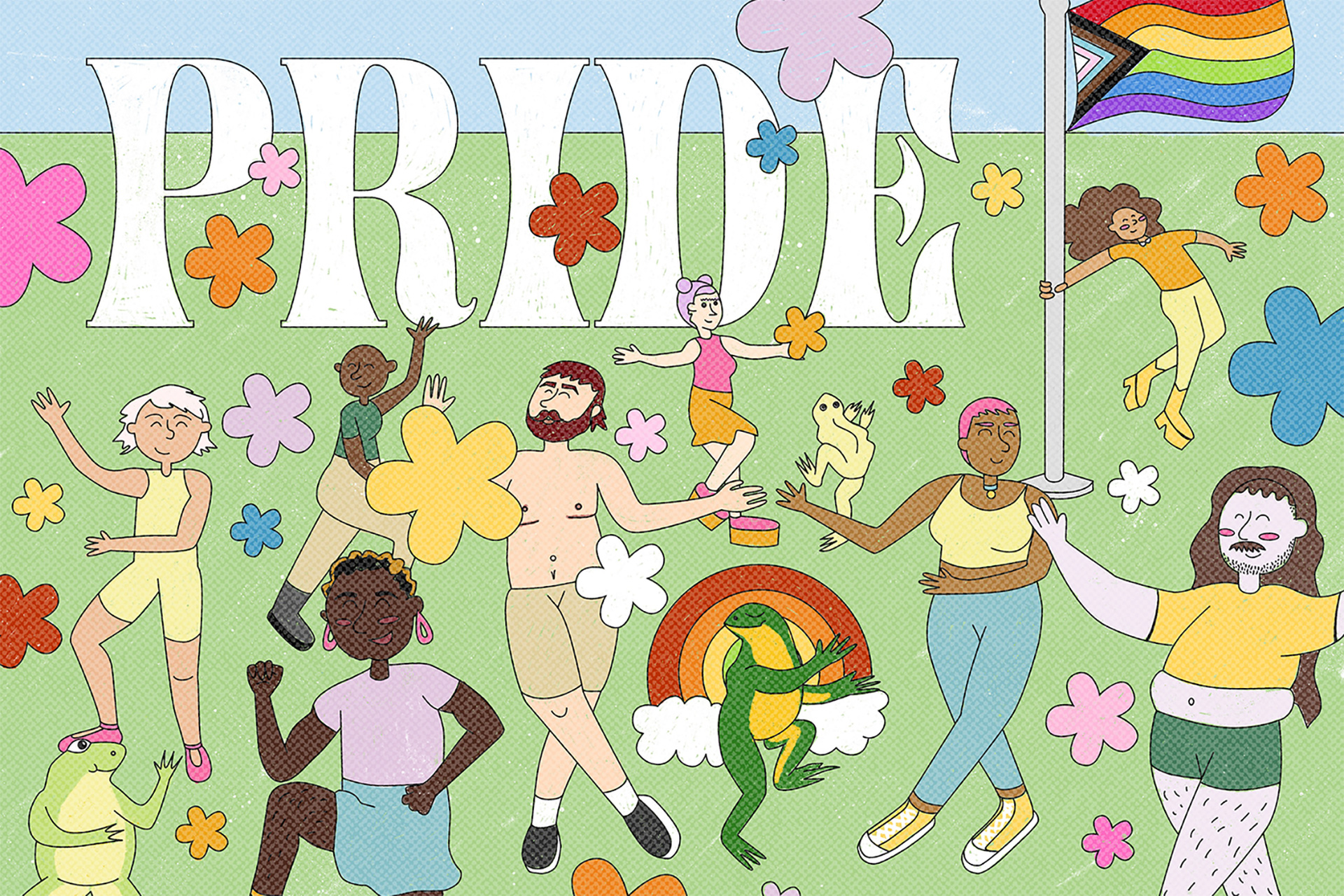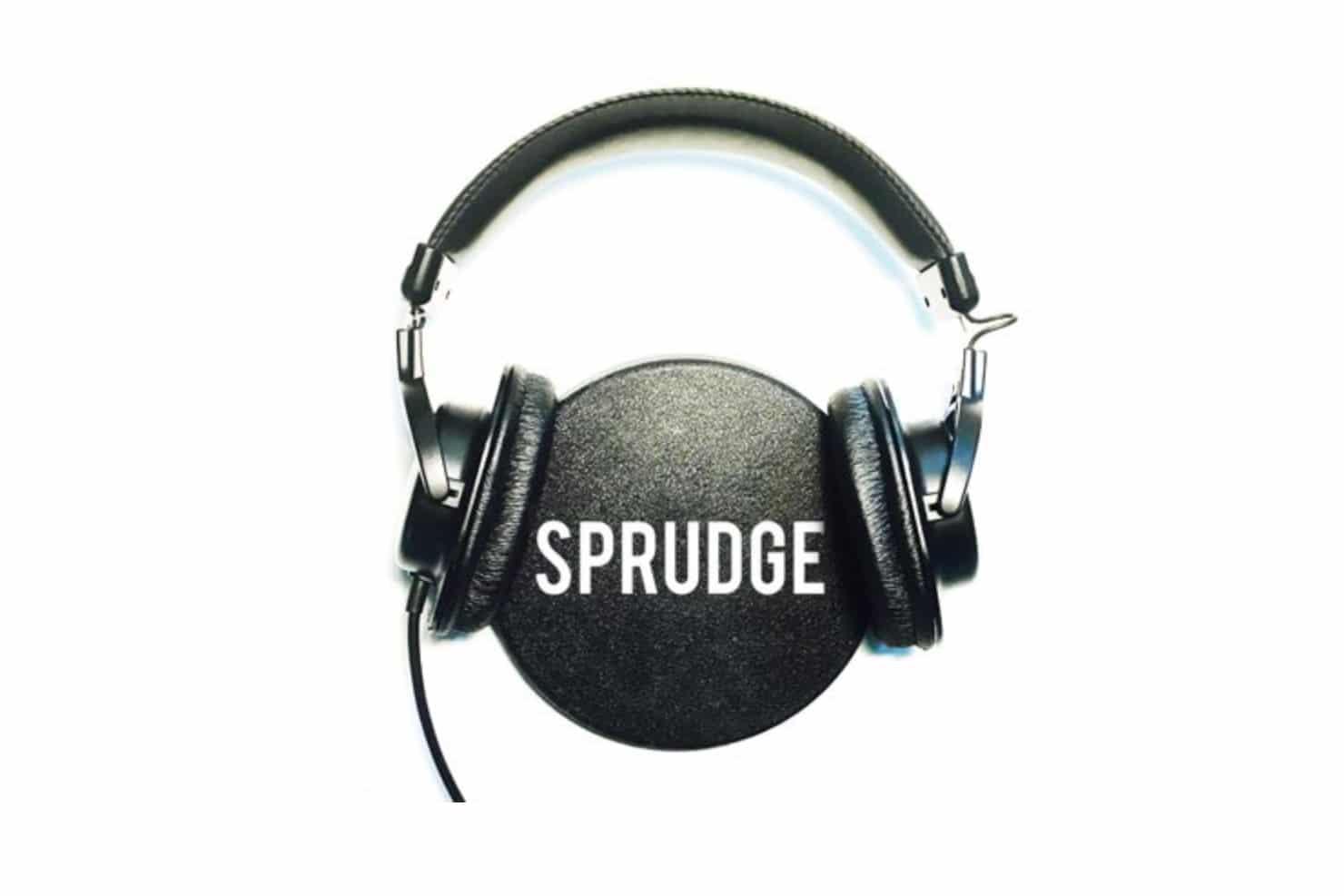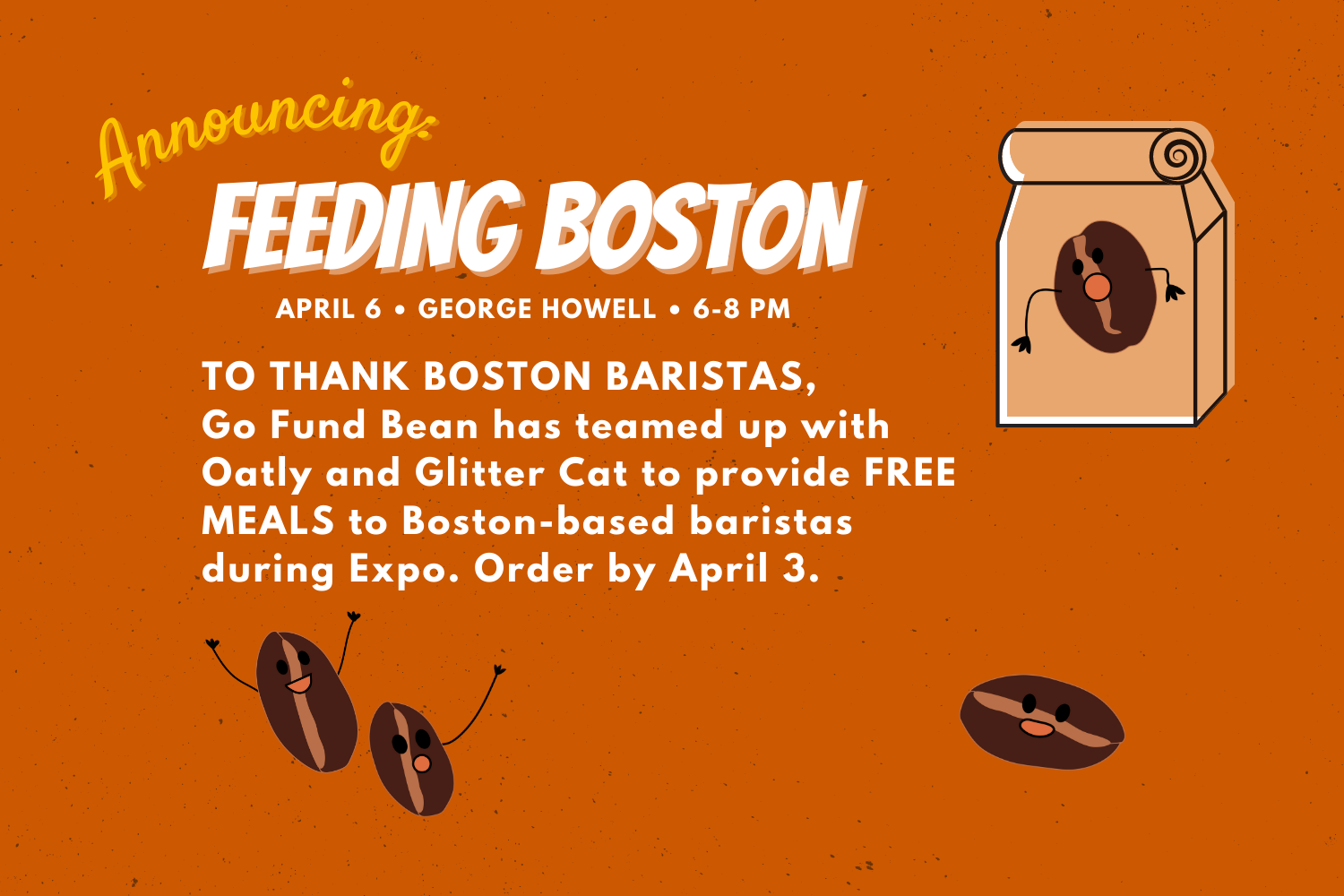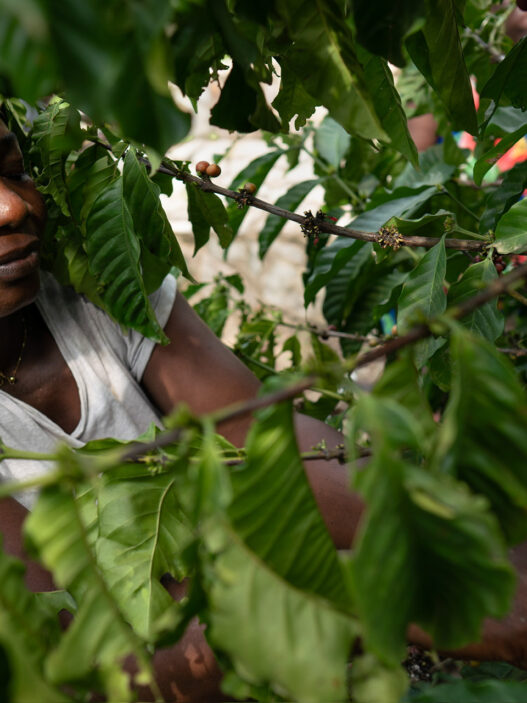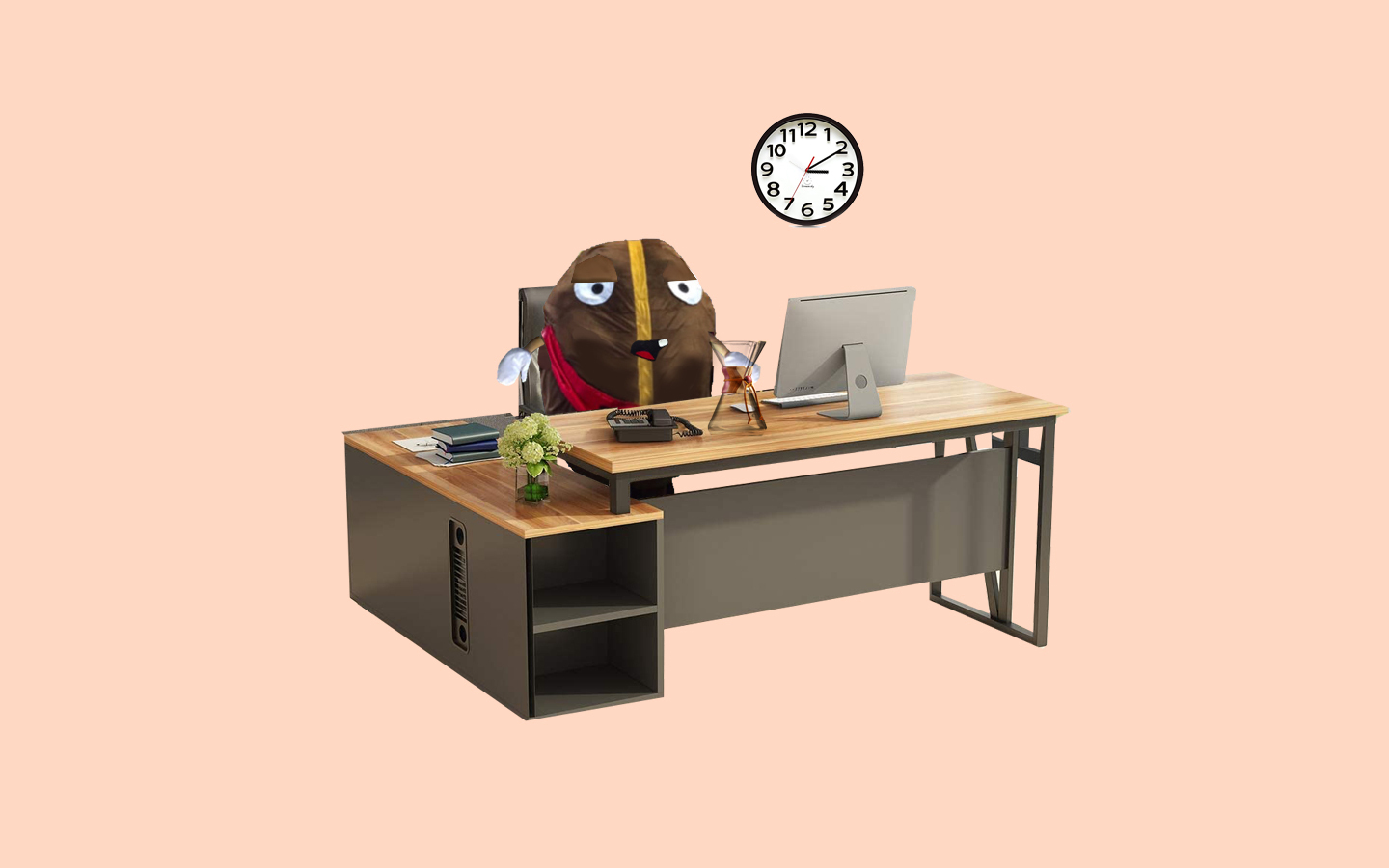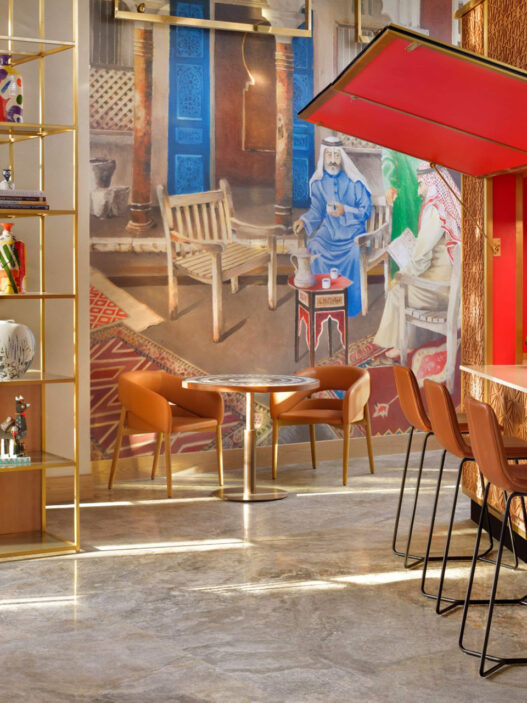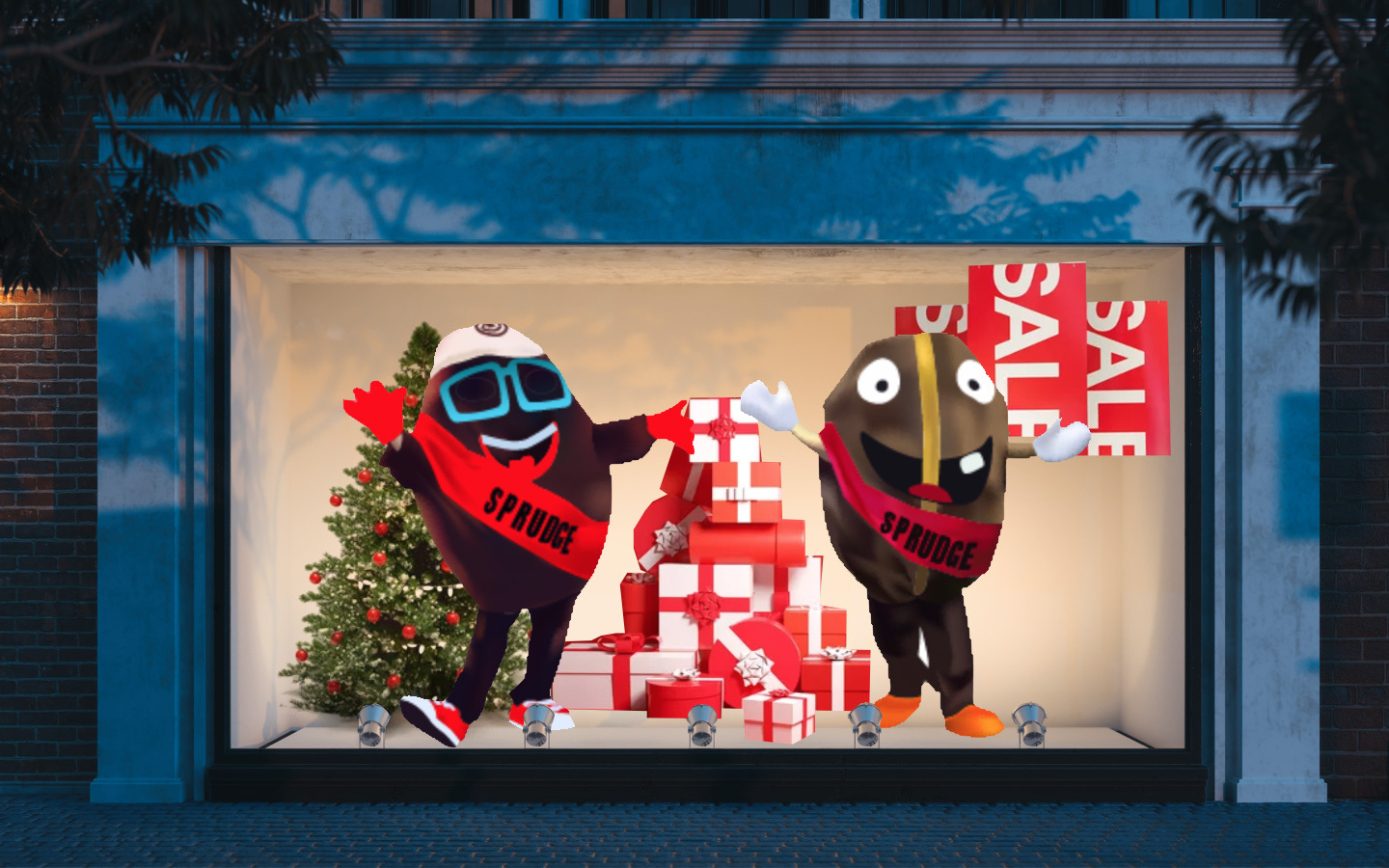As with most social movements, the advancement of transgender justice has in recent years been met with increasing hostility and resistance. Far-right legal powerhouses have orchestrated an all-out legislative attack on transgender youth, driving misinformation and fear about manufactured threats they allege trans people pose. Violence against our community is steadily on the rise, with the understanding that there are likely always more victims than we’re even aware.
In the service industry and beyond, trans and nonbinary people face unique obstacles to feeling safe, seen, and supported. For folks who hold multiple marginalized identities, these obstacles are compounded. Although the Supreme Court ruled in 2020 that the Civil Rights Act indeed extends employment protections to LGBTQ folks, the reality is that queer and trans frontline workers continue to endure high rates of harassment and disrimination on the basis of their identities. From frequent misgendering and deadnaming, to transphobic hostility and violence, trans folks simply cannot be expected to navigate the workplace without the support of fellow staff and leadership.
Now more than ever, we need cisgender people to show up and fight alongside us. To learn how best to support trans and nonbinary people in the coffee industry, we must listen to the experts—trans and nonbinary coffee workers themselves.

While the onus is ultimately on leadership to enact overarching structural and procedural changes that shift the paradigm towards trans inclusion, all staff can play a role. In order to do this, they must prioritize the safety of queer, trans, and other marginalized communities beginning with the interviewing and hiring process and extending to all other areas of the business.
As queer and trans folks frequently exist in communities of mutual aid and support with one another, it may feel unsafe and disregulating to be one of few, if not the only, trans person at work. Brittany Sims (they/them), the writer behind the aptly-named Sprudgie-nominated blog The Non-Binary Barista, shares that this often feels tokenizing and encourages industry leadership to hire more trans and nonbinary people. In addition, employers should take steps to rule out anti-trans candidates early in the hiring process by making clear their workplace is committed to affirming and supporting transgender workers. Sims posits that when trans and nonbinary folks “feel secure and safe” and “have help as well as community,” they will ultimately perform better at work.
While using folks’ correct names and pronouns is truly the bare minimum, it’s often not valued or prioritized. Misgendering and deadnaming may be dismissed as trivial, even though extensive research has found that experiencing these consistently can lead to profoundly worsened mental health outcomes. Particularly in the workplace, where the comfort of those in power is often prioritized over the well-being of marginalized folks under the guise of “professionalism”, it can be difficult and even scary to interrupt harm when we experience it. For this reason, cisgender allies need to be proactive, taking steps to prevent misgendering and other transphobic harms and interrupting on behalf of trans people when they occur anyway.

“I would’ve loved if my shop had proper introductions that included pronouns on the first day of training,” mused Arii Lynton Smith (they/them), a Louisville-based coffee fanatic and former barista. “Initiating the conversation would’ve made me feel much safer.”
Sims adds to this that “when steps aren’t put in place to give people the space to share their pronouns or talk about gender, it puts that weight on gender non-conforming people to come out to each person at work.” According to Smith, the solution can be as simple as providing new staff with pronoun pins during onboarding, as well as normalizing the practice of sharing pronouns in introductions, forgoing assumptions about folks’ pronoun use, and gently correcting people when they misgender others. With permission from each trans employee, their coworkers should be encouraged to prime new staff on their correct name and pronouns.
Our shifting pronoun practices must also extend to customers, who deserve to feel safe in our spaces as well. In the service industry, many of the terms we use to convey respect or politeness are highly gendered. In situations where we do not know a customer’s pronouns—which is realistically a large number of situations—we should consistently favor the use of gender-neutral terms. Coffee Mommy (they/them), Director of Coffee at Beta Bar in Montreal, refers to this as “removing gender from service.” We need to “create tools for service people to know how to be polite without using ‘ma’am’ or ‘sir,’” they explain. These tools already exist, so it’s just a matter of creating a culture where alternatives are readily shared amongst staff.
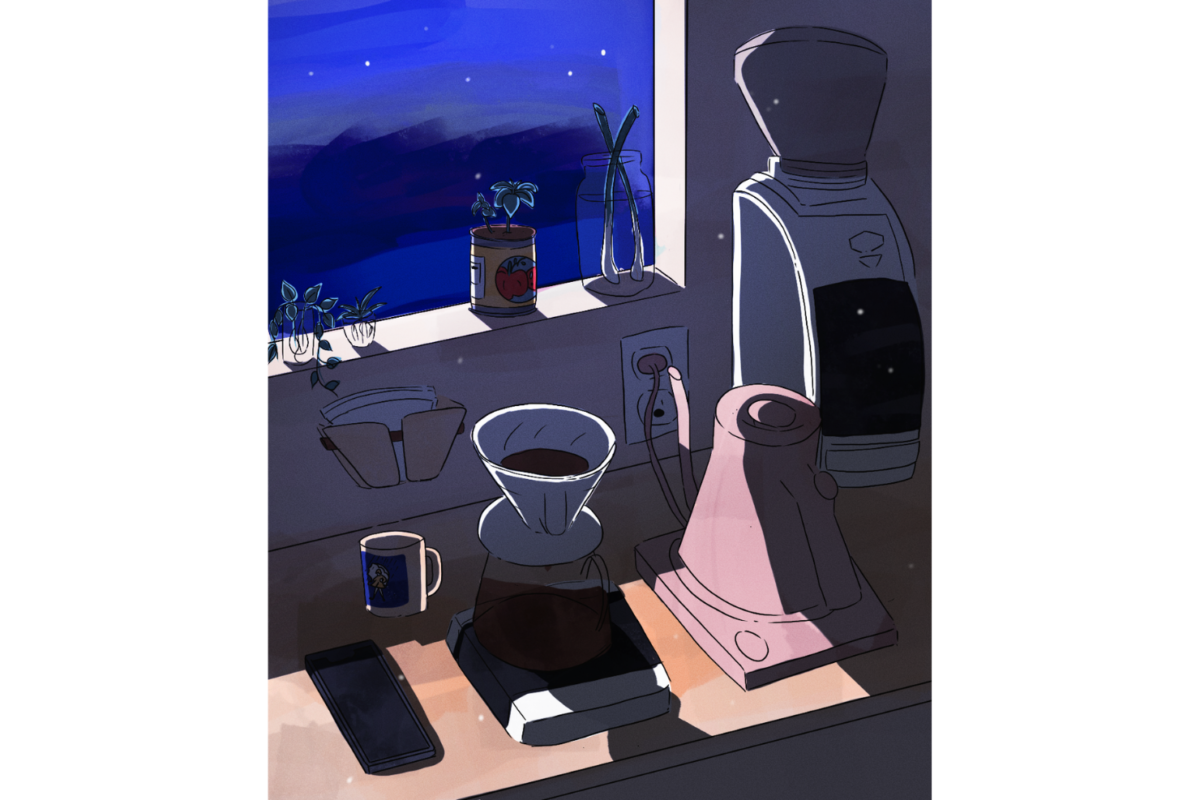
Supporting historically marginalized people also requires us to question and unlearn harmful industry norms. For one, we must let go of the unreasonable expectation that people “leave their feelings at the door” before starting their shift. No matter how hard the crushing weight of capitalism tries to mold us into emotionless robot baristas, we will continue to be whole human beings at work. Navigating the world as a trans or nonbinary person can be a harrowing, sometimes painful experience. Creating an affirming environment for trans folks, and for marginalized folks more broadly, means creating a space where it’s safe to display our hurt.
Secondly, we must immediately abandon the notion that “the customer is always right.” Customers are not right when they cause harm to baristas, whether intentional or not. They are not right when they harass, intimidate, taunt, or manipulate us. The continued reinforcement of this archaic adage does nothing but uphold transphobia, racism, sexism, and other forms of oppression by giving customers carte blanche to say or do whatever they want. Trans folks deserve to feel safe, seen, and supported at work, and this starts with being able to enforce reasonable boundaries with customers.
Of course, harm is ultimately unavoidable, and generative conflict is one of the most foundational ways that people build trust with one another. Supporting trans and nonbinary people means creating brave spaces, where folks feel comfortable making mistakes and naming when harm has occurred. In a brave space, calls for accountability are handled with gentleness and grace, which makes it less scary for folks to acknowledge when they have caused harm and ultimately seek accountability and repair. Coffee Mommy explains that “being more transparent about things that happened in the past and learning from our mistakes is going to make us stronger and better.” Felix Tran (they/he), Media and Marketing Assistant at Fuel Coffee in Seattle, has seen this in action. “We’re not afraid about reminding each other when we make mistakes,” they reflect, speaking to his experience working at Fuel. “There’s an emphasis on making sure we’re not projecting insecurity for our mistakes so we’re not creating emotional labor for the person [who was harmed].”
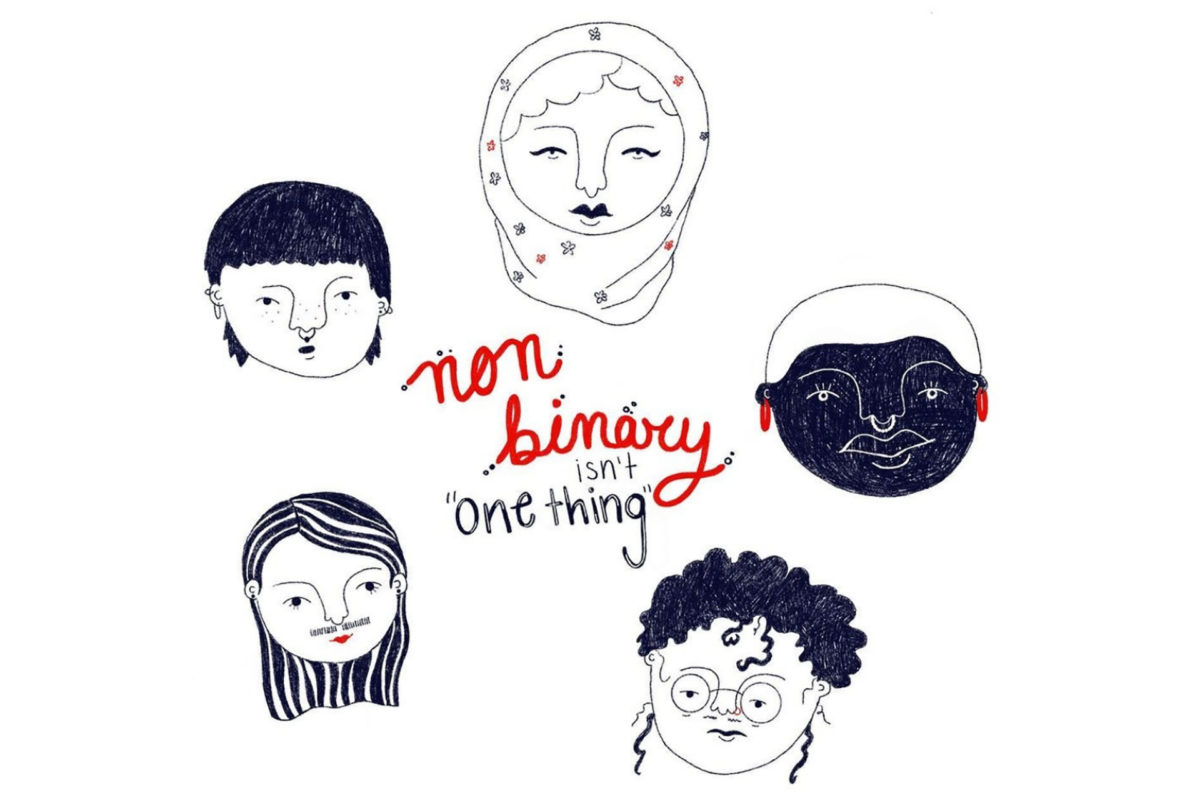
Lastly, but perhaps most importantly, trans and nonbinary folks must always be trusted as experts of their own experiences. While the support of cisgender allies is immeasurably valuable, trans folks will always have a far more nuanced understanding of the problems they face. Therefore, when those in power invest in and promote trans leadership, the best solutions become evident. This is particularly true when we invest in people who hold multiple marginalized identities and therefore experience intersecting forms of oppression, notably Black trans women and Black trans femmes.
Hana Yoshimoto (they/them), a nonbinary barista in Oakland, echos the need for more diverse leaders as the path to a better coffee industry. “I hope to see more leadership teams like that of Ghost Town Oats,” the first Black, queer, nonbinary-owned oat milk company, which has taken social media and soon the industry by storm. “More queer, trans, POC, neurodivergent leadership in cafes, restaurants, and related companies,” Yoshimoto continues. We are fighting for that future each day. We hope you’ll join in solidarity, fighting as our allies.
Arielle Rebekah a freelance journalist and creator of Trans and Caffeinated. Read more Arielle Rebekah for Sprudge.
Artwork by Kit Bear (@avocado.fingers), Felix Trần (@softvelvetboy), and Coffee Mommy (@coffee.mommy).




